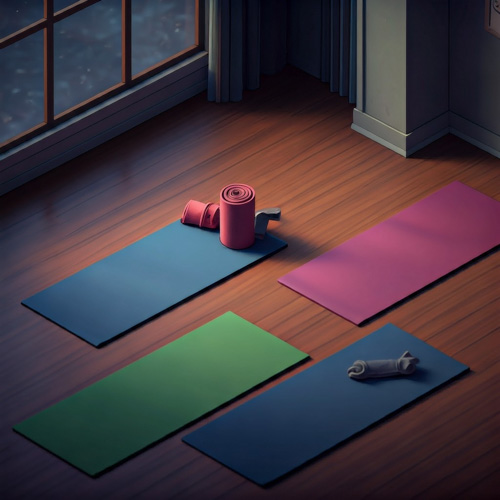The Psychology Today article, “The Double Distinction of Aging and Mental Health Problems,” highlights the unique challenges faced when the natural process of aging intersects with mental health concerns. The piece emphasizes that these are not mutually exclusive issues and, in fact, can exacerbate one another. As individuals age, they may experience physical changes, social transitions like retirement or the loss of loved ones, and increased awareness of their own mortality. These factors can contribute to or worsen existing mental health conditions such as anxiety, depression, and isolation.
The article points out that mental health issues in older adults are often underdiagnosed and undertreated. This can be due to a variety of factors, including the misconception that feeling down or withdrawn is a normal part of aging, a reluctance to discuss mental health, or a lack of access to appropriate care. Furthermore, the stigma surrounding mental illness can be particularly strong within older generations.
For those in Generation X, who are now in their late 40s and 50s, these findings carry significant weight. This cohort is often juggling the demands of careers, raising families (including teenagers and young adults), and increasingly, caring for aging parents. These midlife pressures can already be stressors on mental well-being. As this generation moves further into their 50s and beyond, the intersection of these existing pressures with the biological and social changes of aging could create a perfect storm for mental health challenges.
It is crucial for individuals in this age group to be aware of the potential for mental health issues and to prioritize their psychological well-being. Recognizing the signs of mental health conditions in themselves and their peers, seeking professional help when needed, and fostering supportive social connections are vital. Breaking down the stigma associated with mental health within this generation and encouraging open conversations can lead to earlier intervention and better outcomes. The article serves as a timely reminder that mental health is an integral part of overall health at every stage of life, and aging does not diminish its importance.






